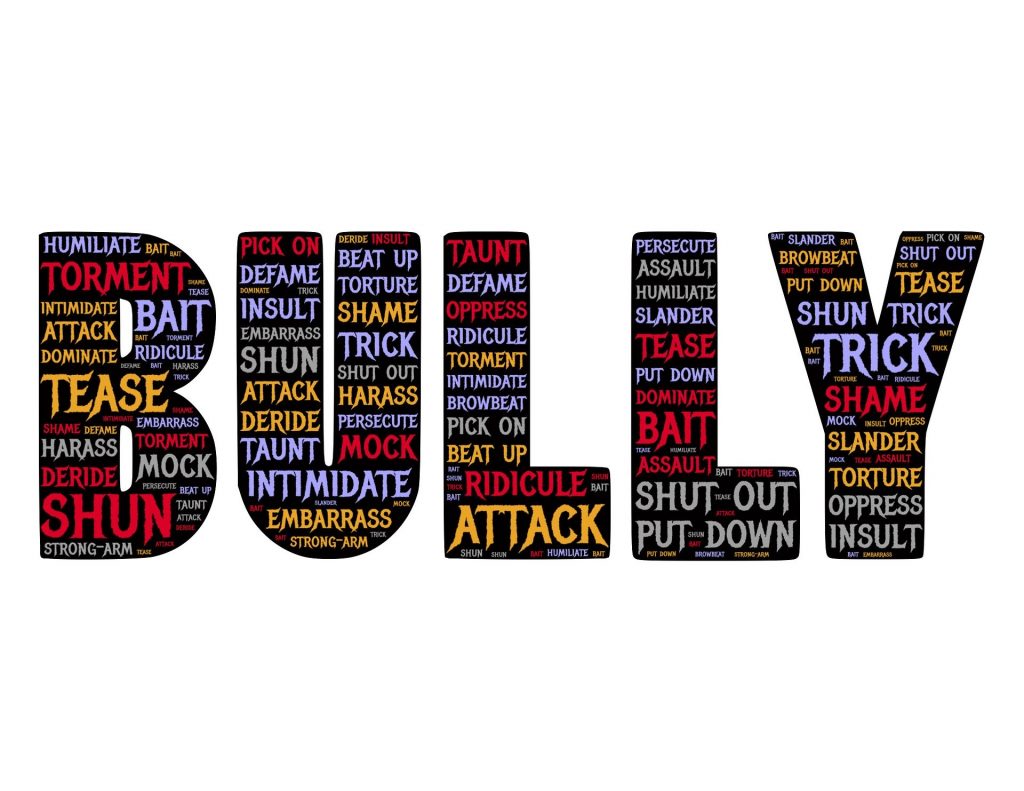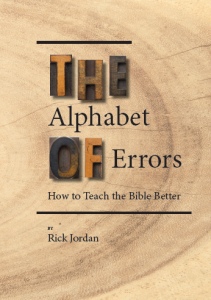
A man unsubscribed from my mailing list last week. He left a note that confused me. I am trying to build my mailing list. When a person opts out, I can usually guess the reason.
Reason 1: I Disagree
Not everyone agrees with my comments or the insights of those I interview. I come to the Bible with a theologically moderate-to-progressive stance. Fundamentalists, whether on the conservative or the liberal side, are bound to be frustrated with that.
Reason 2: I Don’t Have Time
Not everyone has time to read all my posts or to watch all my interviews. Even during a pandemic when we “should” have more time, the day gets full fast. I’ve signed up for several online courses that I don’t have time to take, for example. Good intentions, but I am overwhelmed by all the new options of how to spend my waking hours.
A third surprising reason
Neither theology nor time were this subscriber’s issue, however. Here is what he said:
“White shaming is not the answer for the troubles of the world. You’re creating more division.”
I had not heard of “white shaming,” so I had to google it. I found a book on Amazon by that title. It has a description that is shockingly racist. (Know that these book descriptions are often penned by the authors themselves.)
“In a country that proclaims to value diversity and multiculturalism, white Americans and white culture frequently are under siege for a host of transgressions, ranging from colonialism to slavery, Jim Crow laws to racism, and from microaggressions to white privilege. Whites often are expected to ‘shut up,’ own their presumed racism, and feel guilty for the wrongdoings of others who simply belonged to their racial group. The author calls these attacks ‘White shaming,’ and using contemporary examples, argues that White shaming is a form of bullying.”
I seriously doubt the unsubscriber read my article, What Jesus Told Me About Black Lives Matters. If he had, he would have seen that, rather than shaming, I gave a white pastor of the 1800’s the benefit of the doubt for leaving “brown” out of the list of colors in his lyrics to Jesus Loves the Little Children. He would have read that I agree with John 3:16 that all lives matter. He would have read a personal narrative from a writer who has experienced bias against her because she is a woman and she is Black. (She complained about White Supremacy, but what Christian wouldn’t?)
I did state that Christians must take the stand that Black lives matter AS MUCH AS all other lives. Unfortunately, our national leaders and the majority of churches have not taken that stand – indeed, they have actively labored against that truth. That could have made the reader uncomfortable. But, I don’t think he got that far.
He spoke out of ignorance of my blog’s content. And, not knowing me personally, he is ignorant of my personality and of my behavior. Really, the last thing anyone would call me is a bully.

But a “bully pulpit?” I wouldn’t mind my blog being called that. According to an online dictionary, a bully pulpit is, “a public office or position of authority that provides its occupant with an outstanding opportunity to speak out on any issue.” Today, that issue must be race relations, which has the goal exactly opposite of what I was accused of. The goal is to bring understanding, trust, forgiveness, and love – to end 400 years of division. That will not happen if we whites do not acknowledge our roles in ancient abuse and current complacency. That will convict us of our sin. Our previous behavior (and that of our ancestors) will embarrass us. Guilt and embarrassment are not shame, however.
Brené Brown and shame
Here is how Brené Brown defines the difference:
“I believe that there is a profound difference between shame and guilt. I believe that guilt is adaptive and helpful – it’s holding something we’ve done or failed to do up against our values and feeling psychological discomfort.
“I define shame as the intensely painful feeling or experience of believing that we are flawed and therefore unworthy of love and belonging – something we’ve experienced, done, or failed to do makes us unworthy of connection.”
Wanda Kidd’s definition
My dear friend Wanda Kidd, who has ministered with hundreds of young adults, has a similar understanding. This is what she sent me:
“Guilt and shame are very different. Guilt is related to an event with a time and experience that can be addressed and brought to a moment of regret and remorse and ultimately offers the opportunity of self-awareness that allows us to ask for forgiveness for the pain we have inflicted by our actions.
“Shame, on the other hand, is a nebulous feeling of mercilessness, not based on truth nor specificity. A sense of shame has no beginning nor end. It is only designed to provide power to the person wanting to belittle or control a sense of self of the person being shamed.”
My hope
I hope my blog article is a catalyst for a healthy dose of guilt. God is Judge and Lover. As Christians, we have actively (or passively) not lived into the value/commandment, Love your neighbor as much as you love yourself. For that, judgment. On the other hand, as Christians we hope to model God’s grace that we have received. So, we do not shame someone into feeling “flawed…and unworthy of love and belonging.” We invite all to the table and expect them to welcome all the colorful companions who sit around them.
A request
The goal of Great Bible Teachers is “to provide excellent resources, training, and curriculum that help good Bible teachers become great Bible teachers.” I define a Great Bible Teacher as a teacher “with spiritual depth, Biblical knowledge, and love. They encourage fellowship, instill knowledge, and inspire transformation. They ‘speak the truth in love.’ (Eph 4:15)”
Would you help me to help others? I am trying to build a mailing list of persons who want to understand the Bible better, who want to love others better, and who want to follow Jesus better. I’ve got one less person now. Would you please forward or include a link to that article in your social media – and encourage people to sign up?



Rick, I would hope all Christians believe that Black lives Matter along with all other lives that the Lord created. Before stating that we support the organization titled Black lives Matter, I would hope all would go to their website and see what they are doing to overthrow the USA and our form of government and instill a marxist government.
We should love even these people rioting in the street but to say we support the things they have created their organization for is a problem for we Christians. I think we should try to educate and love all people into a relationship with Jesus Christ.
The Marxist agenda has over taken the peacable protest of the black and brown who went to the streets to protest about racism that they experience here in America. We all need to listed and support riding our society of racist practices when they are found to exist.
Thanks, Horace. On your recommendation, I looked through the website, which I had not done yet. I do not agree with all their beliefs or strategies. My concern is that we have a history in the US that Black lives do not matter. The BLM movement is educating us about that. In that way, I think God is speaking through the organization. Most white churches are saying nothing, most white pastors are saying nothing. Some pastors and churches are speaking out against BLM but are not stepping up to offer an alternative movement that will end racism and transform our systems to exemplify “all men (and women) are create equal” and should be treated that way. Those who are silent may not be bigots or prejudiced, but their silence makes them complicit with a system that continues to subjugate Blacks. I do not see a Marist agenda in the website, but I do agree with your last sentence – we must listen, learn, and then actively work to end racism, particularly in any system that we may have influence. I think this is part of what we mean when we pray, “Thy Kingdom come on earth as it is in heaven.”